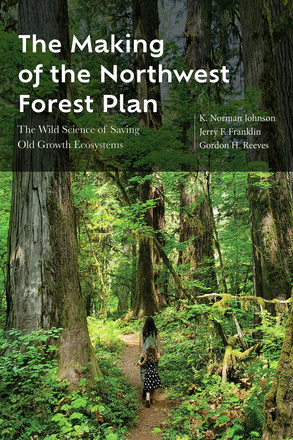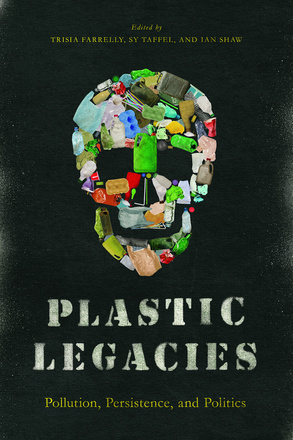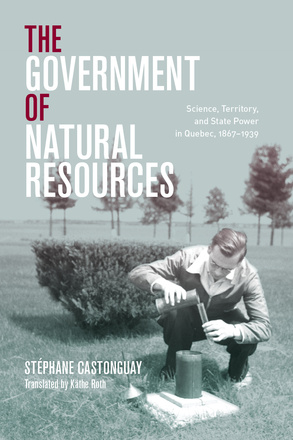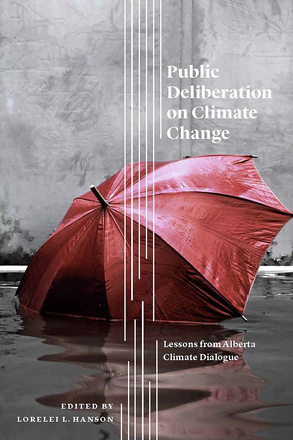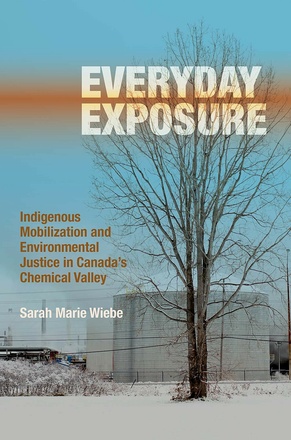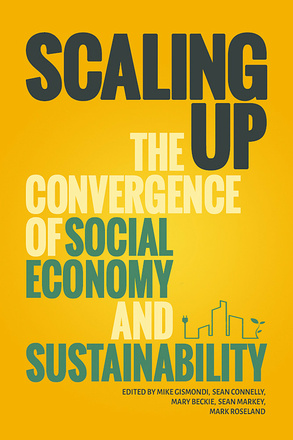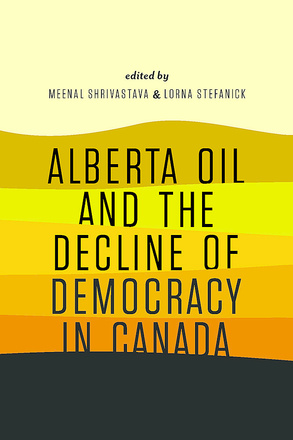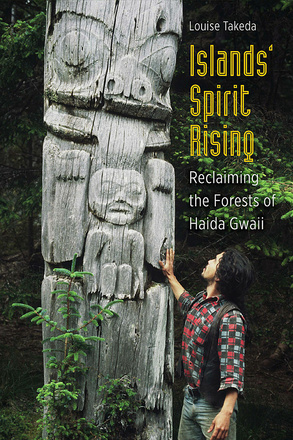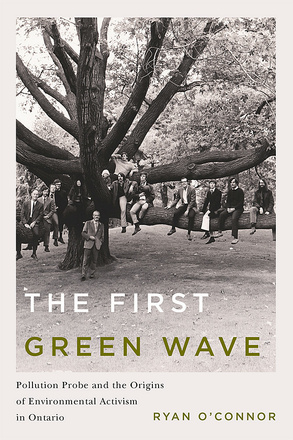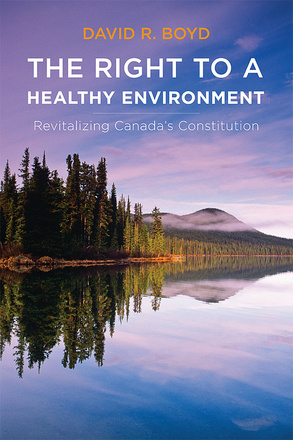The Making of the Northwest Forest Plan
The Wild Science of Saving Old Growth Ecosystems
Plastic Legacies
Pollution, Persistence, and Politics
Plastic Legacies brings together scholars from the fields of marine biology, psychology, anthropology, environmental studies, Indigenous studies, and media studies to investigate and address the urgent socio-ecological challenges brought about by plastics.
The Government of Natural Resources
Science, Territory, and State Power in Quebec, 1867–1939
The Government of Natural Resources is a revealing look at how science can extend state power through territorial and environmental transformations.
Public Deliberation on Climate Change
Lessons from Alberta Climate Dialogue
Everyday Exposure
Indigenous Mobilization and Environmental Justice in Canada’s Chemical Valley
Everyday Exposure documents the adverse health effects experienced by Aamjiwnaang citizens in the heart of Canada’s Chemical Valley and argues for a transformative and experiential “sensing policy” approach that takes the voices and experiences of Indigenous citizens seriously.
Empowering Electricity
Co-operatives, Sustainability, and Power Sector Reform in Canada
This revealing analysis of Canada’s electrical power co-operatives challenges our understanding of their history and shines a light on their potential within the nation’s electricity sector.
Scaling Up
The Convergence of the Social Economy and Sustainability
Alberta Oil and the Decline of Democracy in Canada
This is a much needed critical assessment of the political peculiarities of Alberta and the impact the government’s relationship to the oil industry has on the lives of the province’s most vulnerable citizens.
Islands' Spirit Rising
Reclaiming the Forests of Haida Gwaii
Set within the context of resource conflict and collaborative land-use planning on Haida Gwaii, this book examines how historic relations of domination and oppression can be transformed and more sustainable forms of land governance created.
The First Green Wave
Pollution Probe and the Origins of Environmental Activism in Ontario
The First Green Wave examines the origins and development of first wave environmental activism (1967-86) in Toronto, home to one of Canada’s earliest and most dynamic communities of environmentalists.
Public Produce
Cultivating Our Parks, Plazas, and Streets for Healthier Cities, Revised Edition
An updated look at the advantages and possibilities of urban agriculture in public spaces.
Land Use and Society, Third Edition
Geography, Law, and Public Policy
This third edition has been updated with data from the 2010 U.S. Census and revised with the input of academics and professors to address the changing issues in land use, policy, and law today.
State of the World 2014
Governing for Sustainability
Resistance Is Fertile
Canadian Struggles on the BioCommons
A critical look at the social, environmental, and economic impacts of agricultural biotechnology in Canada.
Global Farms Race
Land Grabs, Agricultural Investment, and the Scramble for Food Security
The first book to examine the burgeoning trend of buying up huge swaths of farmland abroad in all its complexity, considering the implications for investors, host countries, and the world as a whole.
The Right to a Healthy Environment
Revitalizing Canada's Constitution
Renowned environmental lawyer David R. Boyd argues that Canada must constitutionalize environmental rights and responsibilities if it hopes to improve its environmental record.
Planning as if People Matter
Governing for Social Equity
This book goes beyond theory to give real-world examples of how better planning can level inequities.
Stewardship of the Built Environment
Sustainability, Preservation, and Reuse
Stewardship of the Built Environment shows how rehabilitating and reusing existing structures holds untapped potential for achieving sustainable communities.
The Nature of Borders
Salmon, Boundaries, and Bandits on the Salish Sea
This transnational view provides an understanding of the modern Pacific salmon crisis and reorients borderlands studies towards the Canada-US border while providing a new view of how Native Borders worked.

